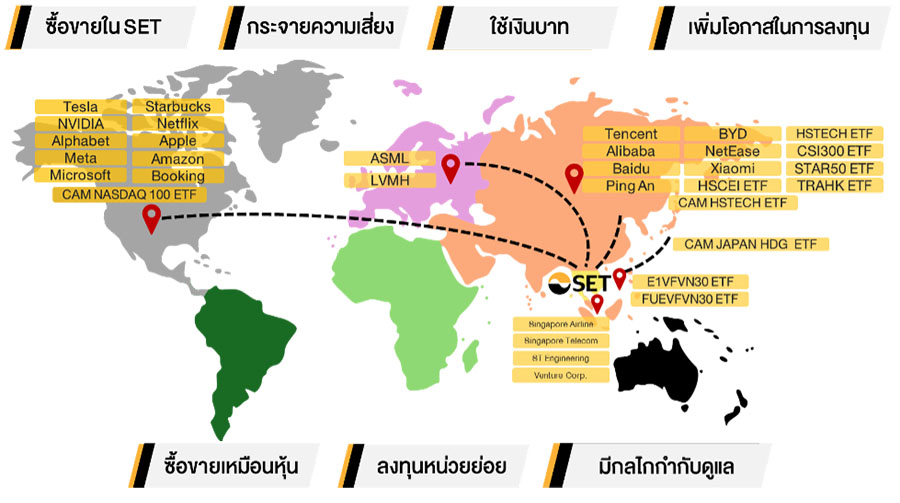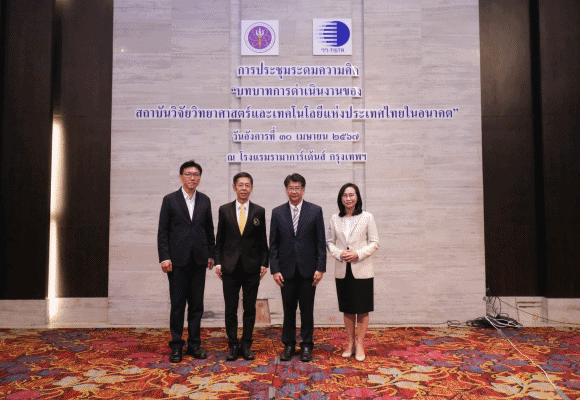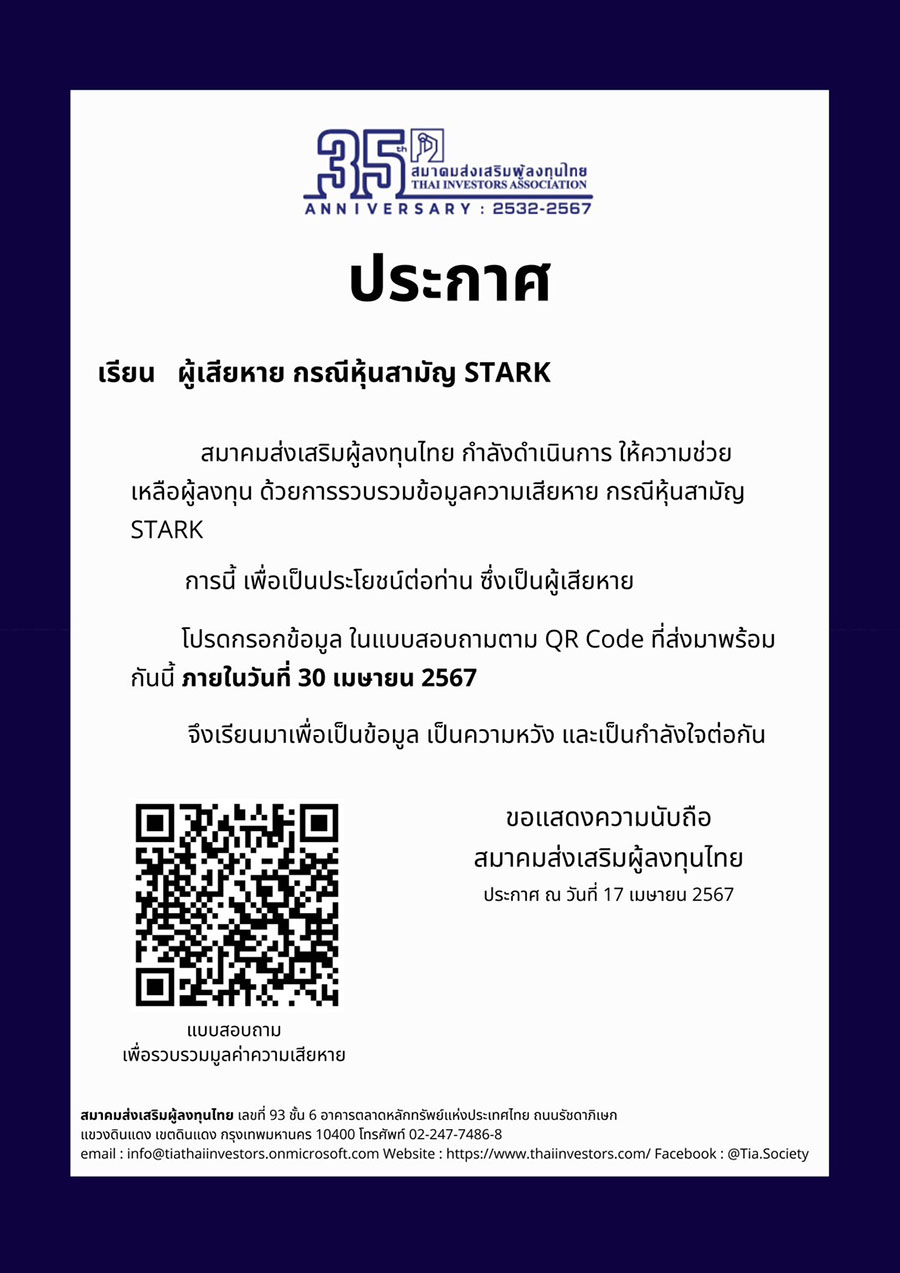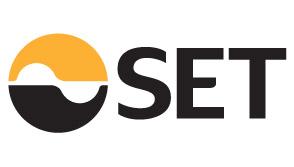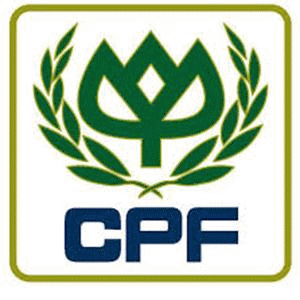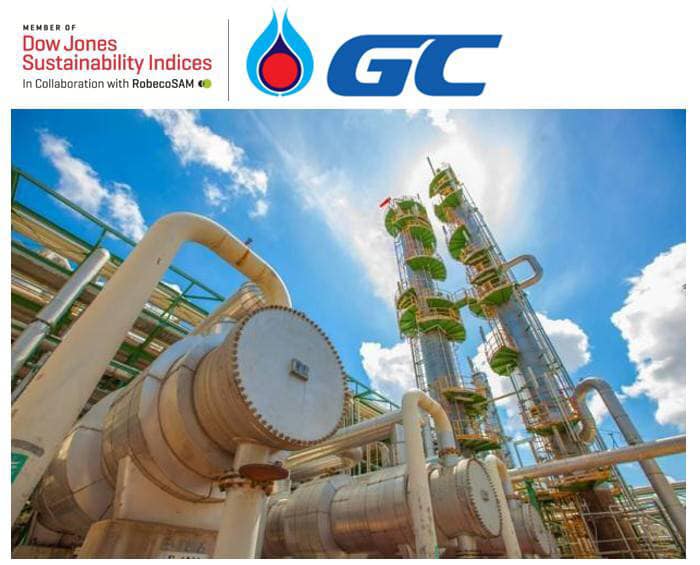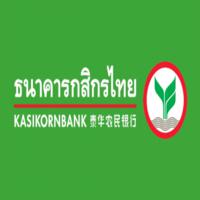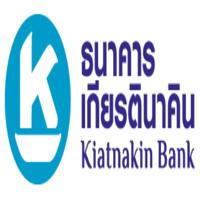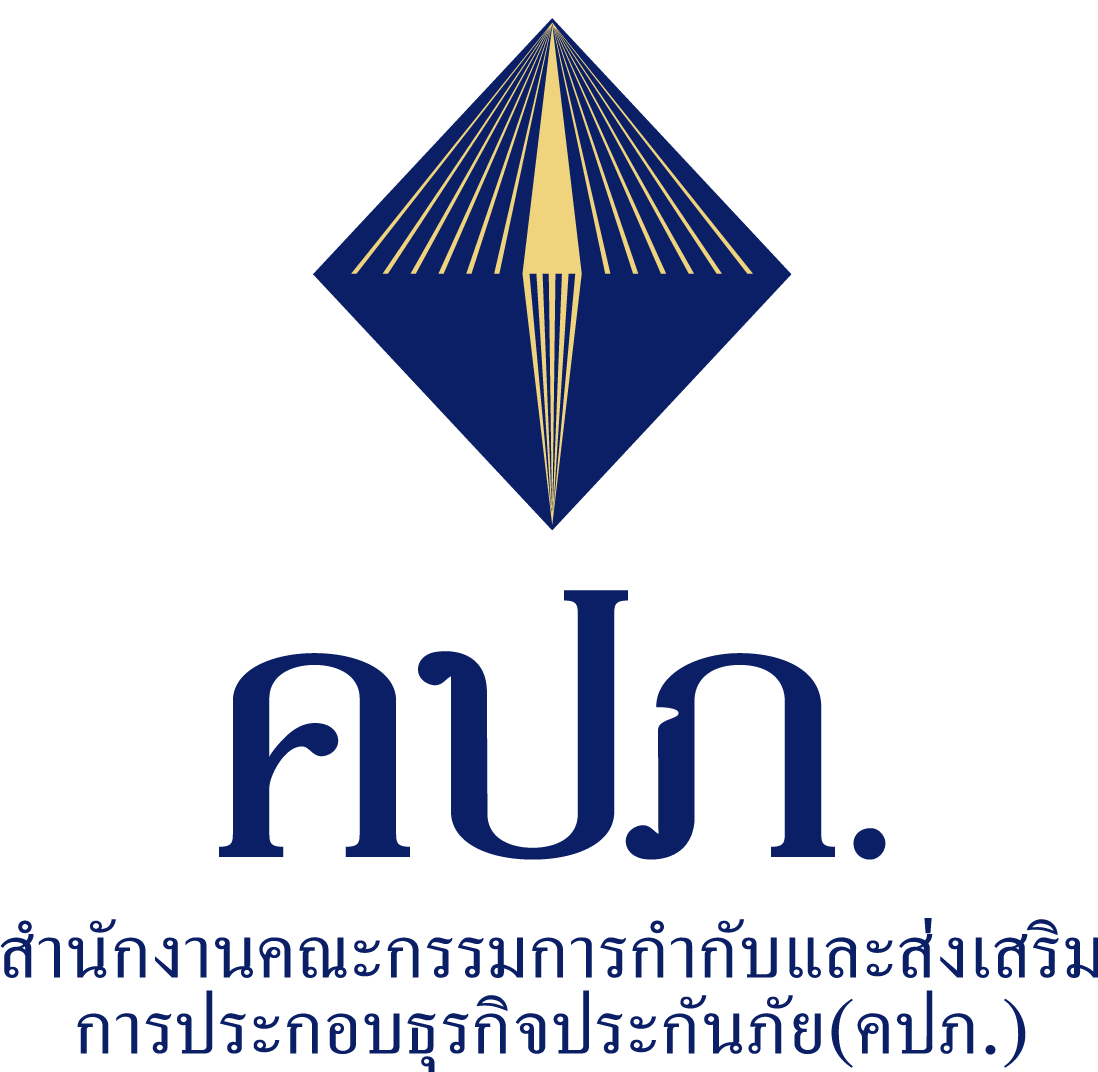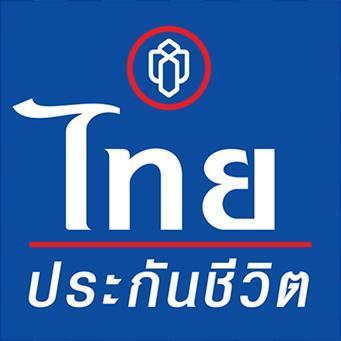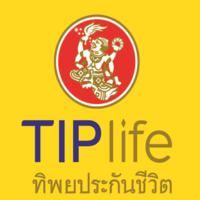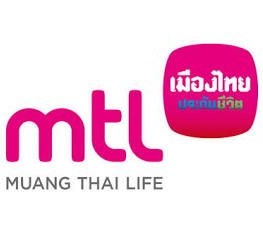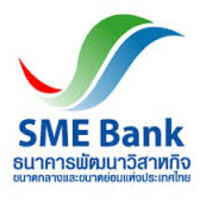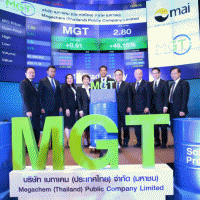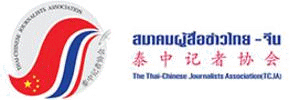- Details
- Category: วิเคราะห์-เศรษฐกิจ
- Published: Sunday, 08 May 2016 08:12
- Hits: 5424
 เศรษฐกิจไทยปี 2559: จับตาการลงทุนภาครัฐในครึ่งปีหลัง
เศรษฐกิจไทยปี 2559: จับตาการลงทุนภาครัฐในครึ่งปีหลัง
อีไอซี ประเมินว่า เศรษฐกิจไทยในปี 2559 จะเติบโต 2.5% เผชิญอุปสรรคในด้านการส่งออกสินค้า การส่งออกสินค้าของไทยมีโอกาสที่จะหดตัวต่อเนื่องจากปีที่แล้วอีก 2.1% โดยได้รับผลกระทบจากเศรษฐกิจโลกที่มีแนวโน้มฟื้นตัวได้ช้ากว่าที่คาดไว้เดิม การฟื้นตัวของเศรษฐกิจสหรัฐฯ ยังเปราะบาง รวมถึงนโยบายการเงินของยูโรโซนและญี่ปุ่นยังขาดประสิทธิภาพในการกระตุ้นเศรษฐกิจในประเทศ นอกจากนี้ การส่งออกสินค้าของไทยยังเผชิญกับการเปลี่ยนแปลงเชิงโครงสร้างของจีนที่ทำให้ภาคอุตสาหกรรมในประเทศชะลอตัวลงต่อเนื่องและลดการนำเข้าวัตถุดิบต่างๆ
ความเสี่ยงจากการดำเนินนโยบายการเงินของประเทศพัฒนาแล้วสูงขึ้น การที่ธนาคารกลางสหรัฐฯ ยังไม่ได้ปรับขึ้นอัตราดอกเบี้ยนโยบายเพิ่มเติมตอนต้นปีและมีแนวโน้มจะปรับขึ้นอย่างค่อยเป็นค่อยไปมากขึ้นมีผลกระทบอย่างมากกับตลาดเงินและตลาดทุนทั่วโลกในช่วงที่ผ่านมา โดยเป็นส่วนหนึ่งที่ทำให้การใช้อัตราดอกเบี้ยนโยบายติดลบของธนาคารกลางยุโรปและธนาคารกลางญี่ปุ่นไม่ได้ให้ผลตามที่คาดหวังไว้ ค่าเงินยูโรและค่าเงินเยนกลับแข็งค่าขึ้นกว่าเดิมซึ่งไม่เป็นผลดีต่อภาวะเงินฝืดที่เป็นปัญหาใหญ่อยู่ในขณะนี้ และยังทำให้มีเงินทุนไหลกลับเข้าสู่ตลาดเกิดใหม่ รวมทั้งไทยในระยะสั้น อย่างไรก็ดี การดำเนินนโยบายการเงินในระยะต่อไป ได้แก่ การเริ่มปรับขึ้นอัตราดอกเบี้ยนโยบายของธนาคารกลางสหรัฐฯ น่าจะทำให้ค่าเงินดอลลาร์สหรัฐฯ แข็งค่าขึ้น รวมทั้งทำให้อัตราผลตอบแทนพันธบัตรระยะยาวปรับตัวเพิ่มขึ้นจากระดับต่ำมากในปัจจุบัน ในส่วนของไทย อีไอซีคาดว่าธนาคารแห่งประเทศไทยจะคงอัตราดอกเบี้ยนโยบายที่ระดับ 1.5% และค่าเงินบาทมีแนวโน้มอ่อนค่าเช่นเดียวกับเงินสกุลอื่นในภูมิภาคไปอยู่ที่ 37 บาทต่อดอลลาร์สหรัฐฯ ในช่วงปลายปี 2559
แรงกดดันต่อเศรษฐกิจไทยจากการที่เศรษฐกิจชะลอตัวต่อเนื่องเป็นเวลานานมีเพิ่มขึ้น การใช้จ่ายของครัวเรือนมีแนวโน้มซบเซาจากการที่รายได้ของครัวเรือนได้รับผลกระทบจากเศรษฐกิจที่ชะลอตัวต่อเนื่องเป็นเวลานาน ถึงแม้ตัวเลขการว่างงานโดยรวมยังไม่ได้เพิ่มขึ้นอย่างมีนัยสำคัญ แต่ชั่วโมงการทำงานของแรงงานในหลายภาคส่วนเริ่มลดลง นอกเหนือจากการจ้างงานที่ลดลงแล้ว รายได้ภาคครัวเรือนยังได้รับผลกระทบจากรายได้ภาคเกษตรที่ตกต่ำจากราคาสินค้าโภคภัณฑ์ยังไม่ฟื้นตัวและจากภัยแล้งที่จะกระทบปริมาณผลผลิต อีไอซีเห็นว่าความเสี่ยงด้านรายได้เป็นปัจจัยสำคัญที่ทำให้การบริโภคในประเทศฟื้นตัวได้ยาก
จับตาการลงทุนของภาครัฐในครึ่งปีหลัง นโยบายการคลังโดยเฉพาะการเร่งเบิกจ่ายในโครงการลงทุนขนาดเล็กและมาตรการสนับสนุนทางการเงินในภูมิภาคมีบทบาทอย่างมากในการช่วยพยุงเศรษฐกิจในช่วงที่ผ่านมา ในระยะต่อไปต้องจับตาดูการดำเนินการของโครงการลงทุนขนาดใหญ่ที่ผ่านการอนุมัติของคณะรัฐมนตรีไปแล้ว โดยเฉพาะโครงการก่อสร้างรถไฟฟ้าในเขตกรุงเทพฯ และปริมณฑล และมอเตอร์-เวย์ ซึ่งจะเป็นตัวแปรสำคัญในการเรียกความเชื่อมั่นและดึงดูดการลงทุนจากภาคเอกชนต่อไป
Thai economy in 2016: Eye on public investment in 2H2016
SCB Economic Intelligence Center (EIC) forecasts that Thai economy will grow 2.5% in 2016 amid strong headwinds in the export sector. Thai exports will continue to shrink by 2.1% from last year as the pace of the global recovery slows more than previously expected. The U.S. economy remains fragile, and monetary policies in the Eurozone and Japan have been ineffective in stimulating their respective economies. Additionally, structural changes in China will further hamper its manufacturing sector, leading to reduced demand for raw materials and Thai exports.
Risks from monetary policy shifts in developed countries will heighten. The U.S. Fed's decision to hold its policy rates early this year and to hike more gradually has had a strong impact on global financial and capital markets. This partly contributed to the ineffectiveness of the negative interest rate policy by the ECB and the BOJ. In contrast to the intended effect, the euro and the yen have strengthened, adding to the deflationary pressures that continue to suppress the economy. The Fed's shift also prompted new waves of capital inflow into emerging markets in the short term. Nonetheless, going forward, the Fed's next rate hike will lead to USD appreciation and the rise of long-term bond yields from their currently low levels. As for Thailand, EIC expects the Bank of Thailand to hold the policy rate at 1.5%. The Thai baht will likely weaken along with other regional currencies to 37 THB/USD at the end of 2016.
A prolonged period of economic slowdown adds downward pressure to the economy. Household spending will remain sluggish from shrinking household incomes as the slowdown continues. Despite a steady unemployment rate, average working hours in several industries are declining. On top of reduced hiring, agricultural income has been affected by low agricultural commodity prices and drought that reduces production volumes. EIC views income risks as the main factor hurting domestic consumption.
Eye on public investment in the second half of the year. Fiscal policies have been the main recent support for the economy; particularly measures to accelerate budget disbursement for small investment projects and financial assistance for households outside of Bangkok have played an important role. What's next is to keep an eye on the infrastructure megaprojects that have already been approved by the Cabinet. The construction of the new metro lines in Bangkok and motorways will be key to bringing back investor confidence and private investment going forward.






